
Middle ear infections are very common causes of ear pain, especially among younger kids. This part of the ear is located behind the eardrum and it can be easily infected by different microorganisms coming from the nose or throat. Common cold is another possible reason for ear problems. The cold may provoke swelling of the Eustachian tubes in the ear, leading to blockage of this structure and consequent entrapment of the fluid in the ear. Microorganisms usually take advantage of this environment and grow there, causing ear infection. One of the reasons why children are commonly seen to suffer from ear problems probably lay in the fact that their ear tubes are very small and can be blocked fairly easily.
Antibiotics for Ear Problems
Many times, kids suffering from ear infections don’t need any medications, since the condition may resolve without them. Children who respond to home treatment and feel better after some home care don’t have to get some antibiotics but all other little patients may need those.
Kids younger than 2 years of age or those who look and feel very ill because of some ear infection usually have to get antibiotics and you have to consult your doctor about this issue. The same goes for kids susceptible to complications because of some contributing factors.
In case your kid gets these drugs, it is very likely going to be some Amoxil (amoxicillin), which is proven to work for ear infections and also cost reasonably less than some other brands. Antibiotics or tubes in the ears may also be helpful for accumulated fluid behind the eardrum in some cases.
Although these drugs are usually very efficient for ear infections, you, as the parent, may want to think about the side effects of antibiotics, the risk for antibiotic-resistant bacteria and also about the costs of the drugs.
Other Medications for Ear Infections
Ear infection may be treated with several other drugs, including some non-steroidal anti-inflammatory drugs (NSAIDs), pain killers or even corticosteroids. NSAIDs, such as Tylenol (acetaminophen), Aleve, Advil, Motrin or some other may be very useful to reduce the fever and ear pains. Make sure you never give the child Aspirin, because of the Reye syndrome (serious health problem) it may cause. Aspirin is therefore not recommended to anyone younger than 20 years of age.
Serious ear pains may be resolved using some eardrops or codeine, but these shouldn’t be used if there is some ruptured eardrum. Additional treatment may also include corticosteroid drugs, which can be combined with antibiotics if there is some fluid behind the eardrum.


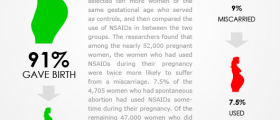
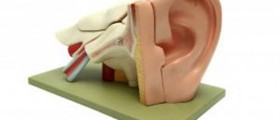

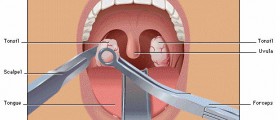
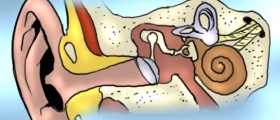
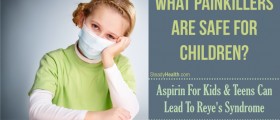






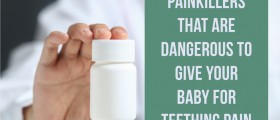


Your thoughts on this
Loading...